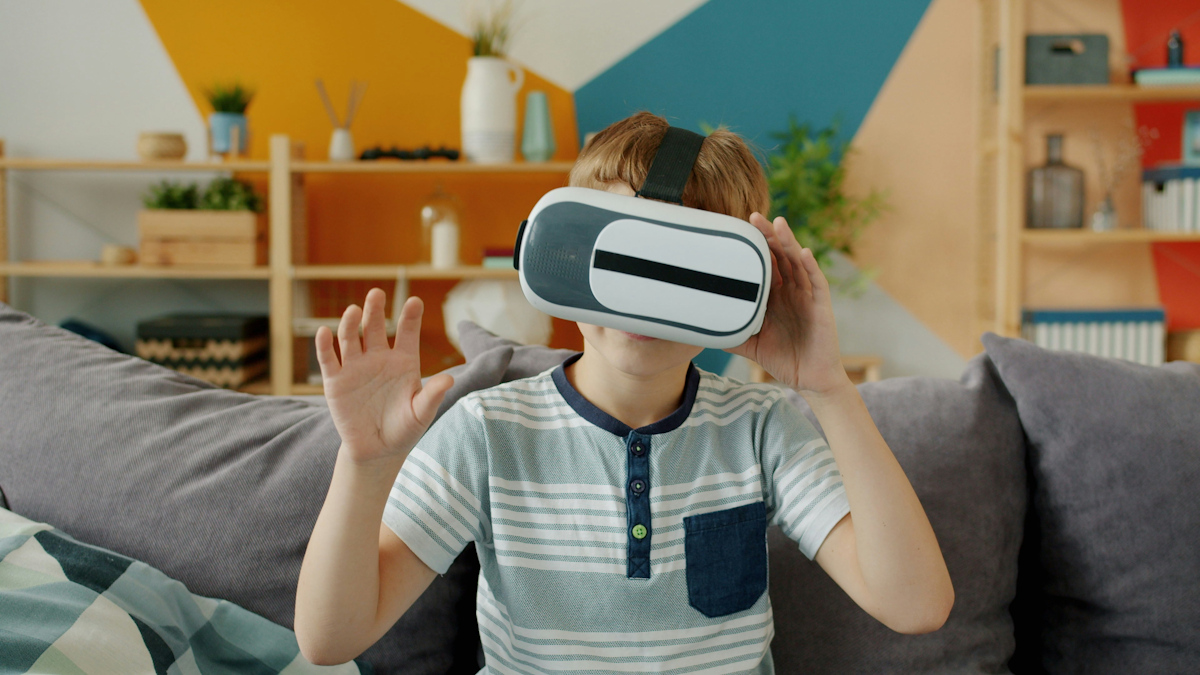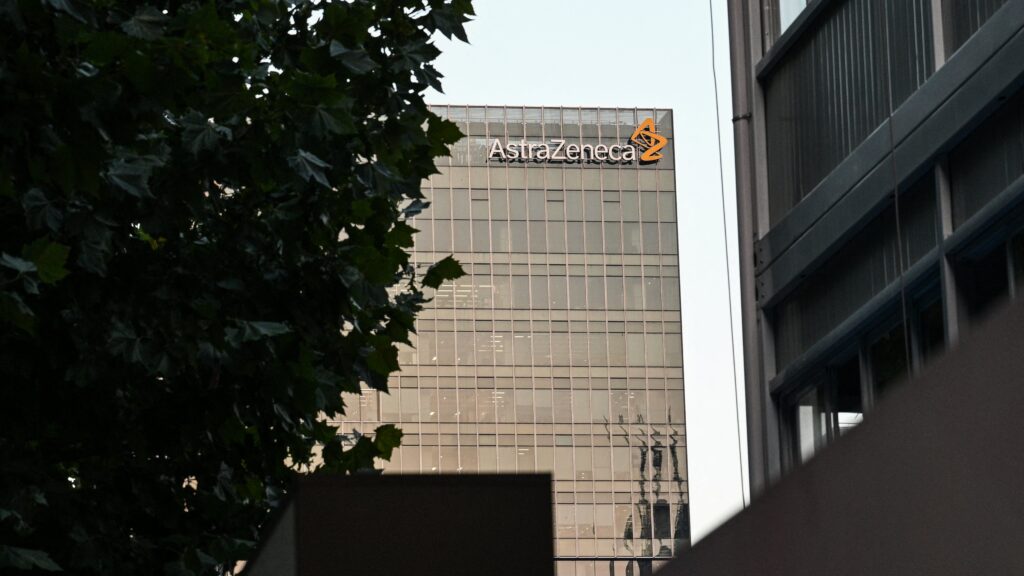
The UK’s National Institute for Health and Care Research (NIHR) has marked World Mental Health Day with the announcement of a string of newly-funded projects aimed at young people.
A total of 17 health technology projects, aimed at reducing waiting times for children in need of mental healthcare and support, will share a £1.5 million ($2 million) funding pot, and include new AI and digital tools designed to spot early signs of autism, predict what support children might need, and connect physical and mental health in one platform.
The latest data from the NHS mental health dashboard suggests that almost 830,000 people aged under 18 had accessed support from NHS-funded community services on at least one occasion in the previous 12 months, which is thought to be one of the highest levels since records began in 2016.
There were also nearly 250,000 children and young people waiting for a first contact after being referred for support, and 35,000 of them had been in the queue for more than two years.
According to charity YoungMinds, the numbers represent a failure of successive UK governments to address “the shocking scale of the mental health emergency facing young people.”
NIHR acknowledged the problem, noting that children and young people in the UK often face long waits for mental health services and neurodevelopmental assessments that can “worsen conditions, disrupt education, increase family stress, and drive up healthcare costs.”
Among the newly-funded projects is an AI-powered triage tool for recommending care pathways, designed for use within the EnrichMyCare digital health platform already used in the NHS to help families share information about their child’s needs and development.
Others include a system that aims to spot the signs of autism in toddlers by tracking how interested they are in faces and social interactions, a digital triage system to prioritise children on neurodevelopmental waiting lists by severity of need, and a medical device to help teachers identify pupils at risk of anxiety and depression. A full list of the projects is available here.
“Children and young people with mental health challenges and neurodevelopmental conditions including ADHD and autism deserve timely, personalised care and technology has a vital role to play in making that possible,” said Prof Paul Dimitri, director of the NIHR HealthTech Research Centre (HRC) in paediatrics and child health.
“At the HRC, we’re focused on accelerating innovations that reduce delays, empower families, and support clinicians with smarter tools,” he added.
“The NIHR…funding to support these companies in developing vital technologies marks a crucial step toward building a more responsive and equitable system for the children and young people who need it most.”
In the latest 10-year plan for the NHS, the UK government has laid out a plan to invest £120 million in 85 mental health emergency departments, recruit 8,500 more mental health professionals, roll out community hubs for children and young people that include mental health support staff, and allow self-referral to psychotherapies via the NHS App.
Photo by Vitaly Gariev on Unsplash









